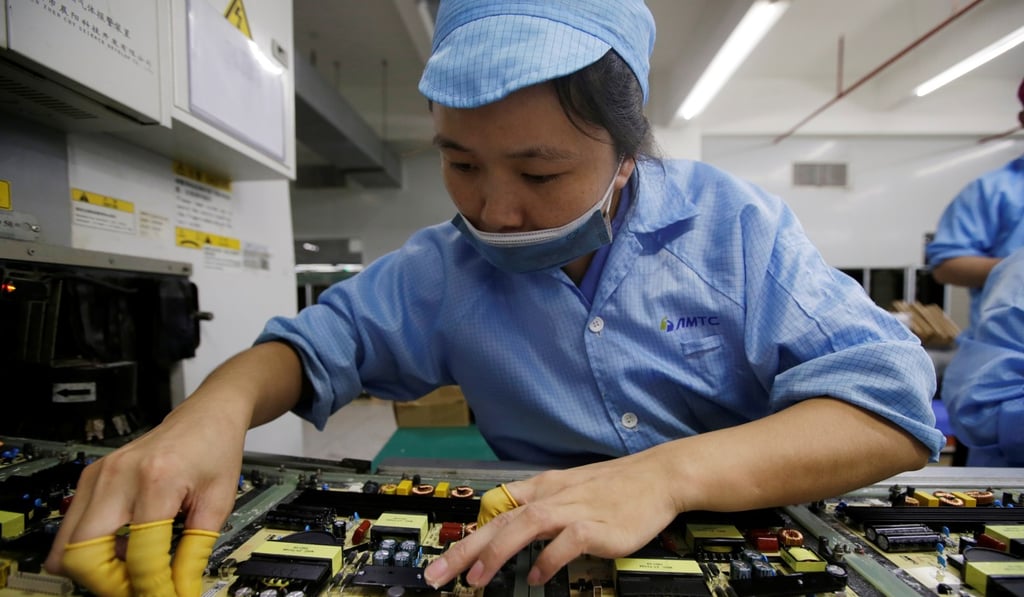Advertisement
Explainer | The US has crippled the WTO’s appeal court. What does this mean for Asia?
- Washington’s decision to block the nomination of new judges to the court sees the organisation facing its biggest ever crisis, experts say
- Observers warn that a toothless WTO could lead to an escalation of trade tensions such as the ongoing spat between Japan and Korea
Reading Time:4 minutes
Why you can trust SCMP

The United States’ decision last week to block the nomination of new judges to the World Trade Organisation’s appeal court – effectively crippling it – sees the organisation facing what experts warn is the biggest crisis in its 25-year history.
The judgment of the court allows countries to slap tariffs and other penalties on those who do not abide by the rules of global trade – and without it, economists worry the world’s trade watchdog has finally been defanged.
The WTO was set up in 1995 to give countries a framework for governing global trade, and today sets the rules for 96 per cent of it. The organisation’s rules, and the knowledge that its 164 members agree to play by them, keep trade barriers between countries low and create stability for investors.
Without the threat of the appeal court’s judgment to keep countries in check, trade officials warn the international trading system has lost its impartial arbitrator – and could splinter into tit-for-tat spats such as the trade war between the US and China.
Advertisement
More than 20 per cent of WTO disputes have been brought by nations in Asia, leaving the region vulnerable if trade rules become tougher to enforce. Japan, India, China and South Korea have been among the most active users of the WTO’s dispute settlement system, and the collapse of the appeals body leaves multiple cases in limbo.
In remarks last week, China’s Foreign Ministry spokesperson Hua Chunying called the collapse of the appeals body “the most severe blow to the multilateral trading system since the establishment of the WTO”.
Advertisement

Advertisement
Select Voice
Choose your listening speed
Get through articles 2x faster
1.25x
250 WPM
Slow
Average
Fast
1.25x